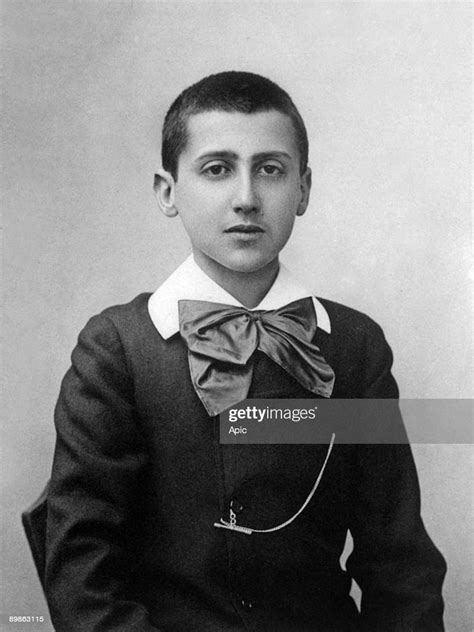A Quote by Nathaniel Hawthorne
Why are poets so apt to choose their mates, not for any similarity of poetic endowment, but for qualities which might make the happiness of the rudest handicraftsman as well as that of the ideal craftsman of the spirit? Because, probably, at his highest elevation, the poet needs no human intercourse; but he finds it dreary to descend, and be a stranger.
Related Quotes
One of the surest tests of the superiority or inferiority of a poet is the way in which a poet borrows. Immature poets imitate mature poets steal bad poets deface what they take and good poets make it into something better or at least something different. The good poet welds his theft into a whole of feeling which is unique utterly different than that from which it is torn the bad poet throws it into something which has no cohesion. A good poet will usually borrow from authors remote in time or alien in language or diverse in interest.
Of course, a psychologist would find it more direct to study the inspired poet. He would make concrete studies of inspiration in individual geniuses. But for all that, would he experience the phenomena of inspiration? His human documentation gathered from inspired poets could hardly be related, except from the exterior, in an ideal of objective observations. Comparison of inspired poets would soon make us lose sight of inspiration.
I certainly was surprised to be named Poet Laureate of this far-out city on the left side of the world, and I gratefully accept, for as I told the Mayor, "How could I refuse?" I'd rather be Poet Laureate of San Francisco than anywhere because this city has always been a poetic center, a frontier for free poetic life, with perhaps more poets and more poetry readers than any city in the world.
The man of system, on the contrary, is apt to be very wise in his own conceit; and is often so enamoured with the supposed beauty of his own ideal plan of government, that he cannot suffer the smallest deviation from any part of it... He seems to imagine that he can arrange the different members of a great society with as much ease as the hand arranges the different pieces upon a chess-board. He does not consider that...in the great chess-board of human society, every single piece has a principle of motion of its own, altogether different from that which the legislature might choose to impress upon it.
Poets are always making waves. I mean, you know, in an ideal situation, the ideal republic can't tolerate poets because - it isn't that they mutter and criticize; it is that the poet does not accept the situation called the 'perfect' condition of man - in other words, perfect in the materialistic sense.
Paganism is that view of life which finds the highest goal of human existence in the healthy and harmonious and joyous development of existing human faculties. Very different is the Christian ideal. Paganism is optimistic with regard to unaided human nature, whereas Christianity is the religion of the broken heart.
The ideal audience the poet imagines consists of the beautiful who go to bed with him, the powerful who invite him to dinner and tell him secrets of state, and his fellow-poets. The actual audience he gets consists of myopic schoolteachers, pimply young men who eat in cafeterias, and his fellow-poets. This means, in fact, he writes for his fellow-poets.
I think a lot about the poems I wasn't able to write...I masturbrated...Solitude is essentially a matter of pride; you bury yourself in your own scent. The issue is the same for all real poets. If you've been happy for too long, you become banal. By the same token, if you've been unhappy for a long time, you lose your poetic power...Happiness and poverty can only coexist for the briefest time. Afterword either happiness coarsens the poet or the poem is so true it destroys his happiness.
The full-grown modern human being who seeks but refuge finds instead boredom and mental dissolution, unless he can be, even in his withdrawal, creative. He can find the quality of happiness in the strain and travail only of achievement and growth. And he is conscious of touching the highest pinnacle of fulfillment which his life-urges demand when his is consumed in the service of an idea, in the conquest of the goal pursued.
Plato said that poets should be excluded from the ideal republic because they are such liars. I am a poet, and I affirm that this is true. About no subject are poets tempted to lie so much as about their own lives; I know one of them who has floated at least five versions of his autobiography, none of them true. I of course - being also a novelist - am a much more truthful person than that. But since poets lie, how can you believe me?





































